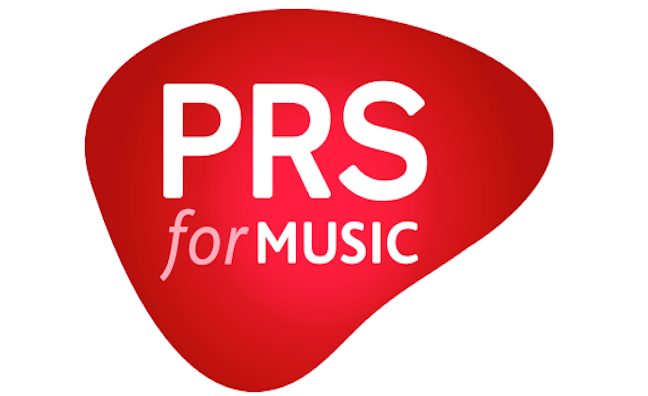A group of UK songwriters and composers, including Robert Fripp, have initiated a court action against PRS For Music, their own collective management organisation.
The action aims to overhaul the implementation of procedures and policies, which the group claim are prejudicial to their interests and to the interests of the wider PRS membership.
They have been joined in this action by PACE Rights Management, a global operation that covers direct licensing of live public performance rights (the right to publicly perform a composer’s music and/or lyrics by way of live performance).
According to a statement, the issues at the heart of the legal action are:
– The right of music writers and publishers to efficiently direct license their live public performance rghts, without having to go through PRS. Direct licensing would allow writers and publishers to benefit from fewer deductions from their royalty income, faster royalty payments and greater transparency throughout the process, according to the group of songwriters.
– They further claim that PRS is deliberately withholding information from its members about the deductions tfrom their royalty income when their rights are licensed internationally via PRS.
– The writers behind the action also say that the implementation of the Major Live Concert Service (MLCS), which awards preferential conditions to certain rights-holders, is in direct conflict with PRS’ obligations as a collective management organisation.
In a collective statement, the claimants in the legal action said: “From a theoretical or academic perspective, the efficiencies of collective rights management make perfect sense for songwriters and composers. However, PRS has strayed significantly from the principles on which it was founded 110 years ago, to the point that the organisation’s policies no longer appear to be operating in the best interests of its members. PRS Members are treated as second-class citizens in their own organisation.
“Regretfully, after years of PRS refusing to discuss or constructively engage with these issues – including the withdrawal of live performance rights, the lack of transparency around international deductions, and the operation of the Major Live Concert Service – we have been left with no option but to seek redress through the courts. The ball is now firmly in PRS’ court. Either they constructively engage with much-needed reforms to empower and benefit writers and publishers, or they continue to resist these necessary changes, and attempt to defend the indefensible by spending yet more of the Members’ money on legal costs supporting policies that make the Members less money."
Robert Fripp added: “I am yet to be persuaded that PRS operates on behalf of the membership's best interests.”
In a statement, PRS For Music said: "We fundamentally reject the allegations in this claim which misrepresent the policies of PRS for Music. We have been engaged with PACE on these issues for more than five years including with representatives of the PRS Members’ Council and have sought to address their concerns collaboratively.
"PRS For Music is owned and controlled by its members and exists to protect the collective interests of all the songwriters, composers and publisher members we represent fairly. Our policies and rules follow a thorough and extensive approval and review process by the board and the Members’ Council, which is comprised of members and independent non-executive directors appointed by the membership. The rules which govern the process for live rights withdrawals were approved by members at the PRS annual general meeting.
"PRS For Music has consistently sought constructive dialogue with PACE for many years, proposing and implementing solutions to the issues raised. We have worked extremely hard to simplify our processes in the interest of our members, which PACE has consistently failed to comply or engage with. This has resulted in royalties being unnecessarily withheld from PRS members for the live performance of their works at concerts and also created complexity and uncertainty for live music venues and promoters."
Responding to the claims about the Major Live Concert Service, PRS For Music said: "The terms of the Major Live Concert Service (MLCS) are published on our website, including the qualifying criteria based upon size of venue and ownership of the works being performed. MLCS is just one part of a wide range of services which PRS provides to members at different stages of their career. Contrary to the claim that PRS is not acting in the best interests of its members, and in particular the 'smallest writers', we are providing tailored cross-industry tools and services. This includes educational materials, songwriting camps, mentoring schemes, and touring and hardship grants (via the PRS Foundation and Members’ Fund) for up-and-coming music creators.
"PRS for Music does not make a profit on the royalties it collects – once costs are deducted, all royalties flow directly through to the music creators and rightsholders we represent. Last year, we announced a record low cost-to-income ratio of just 9.2%, ensuring more royalties (£943 million) were paid to more members.
"Given PRS for Music’s sincere efforts to engage constructively, it is disappointing that PACE has taken the step to issue proceedings against us. We will be vigorously defending the society against these claims."
Earlier this month, PRS For Music announced that it was cutting admin rates for online royalties collection.








